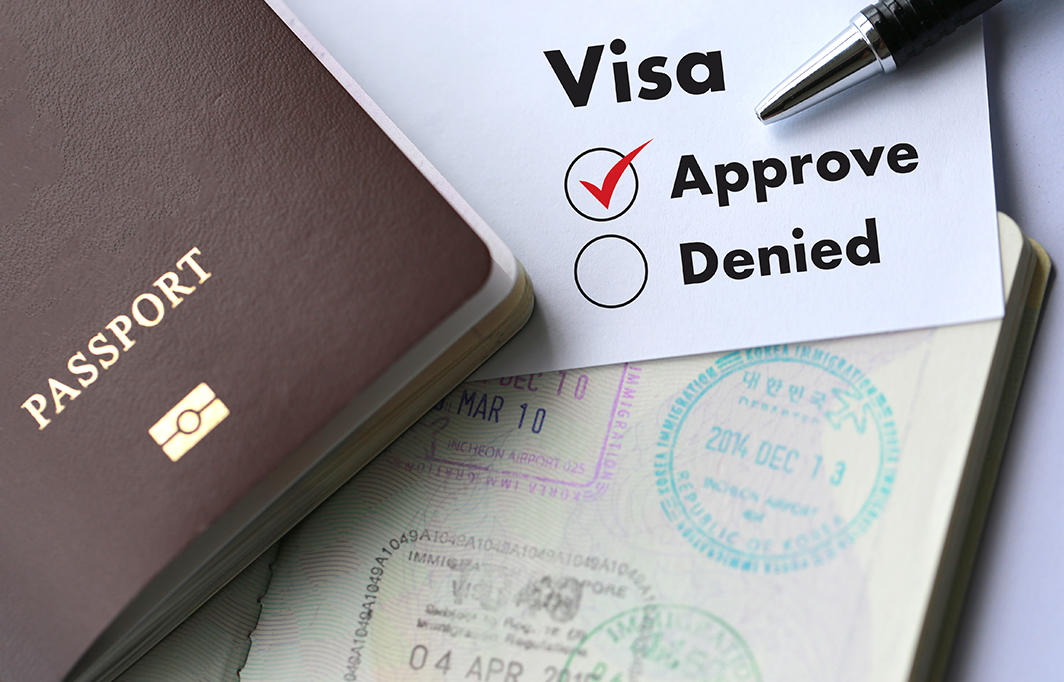New immigration system set to add to COVID-19 economic uncertainty
News
19 May 2020

The UK’s post-Brexit immigration system has moved a step closer with the Immigration Bill entering its second reading in the House of Commons earlier this week.
The Government is pressing ahead with this legislation which will end the free movement of workers from the EU and introduce a points-based global system (with special protections for Irish citizens) aimed at attracting ‘the brightest and best’ talent from across the world. By introducing a minimum salary threshold (currently £25,600), the Government plans to end the existing immigration route for so-called ‘cheap, low-skilled labour’.
Introducing such a system at a time of deep economic uncertainty caused by the coronavirus pandemic, and while the shape of the ‘new normal’ labour market is far from clear, will present profound challenges for many sectors. Ironically, many of the roles and professions which the economy and the general population has depended on throughout the pandemic - healthcare staff, cleaners, security staff and construction workers, among many others - are those that are filled in significant part by people who will be excluded from working in the UK under the new legislation.
IWFM has previously highlighted that salary is not a proxy for an individual’s skills and value, and that restricting the supply of ‘low-skilled’ labour will do very little to address the skills gap in the workplace and facilities management profession.
We will continue to provide updates on the progress of the Bill, which is scheduled to come into force on 1 January 2021.
If you have any comments on this topic or any feedback on how the UK’s new immigration policy may affect you, your organisation or our profession, please email: [email protected]
